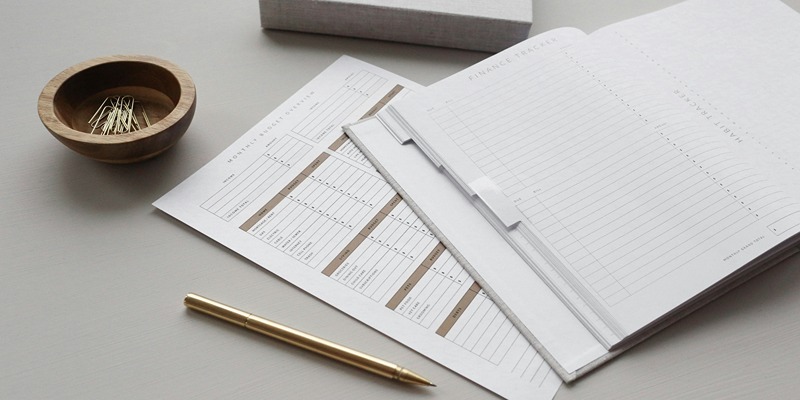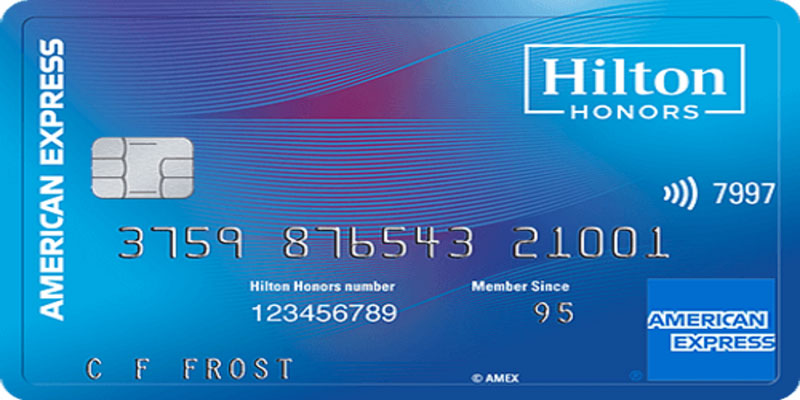Self-assessment is a way for HM Revenue and Customs (HMRC) to collect income tax. If you're a sole trader or landlord, it's crucial to understand that you're responsible for accurately reporting your income and expenses. This process ensures that you're paying the correct amount of tax. In this guide, we will walk you through the essential steps of registering for self-assessment, offering key insights for both sole traders and landlords.
Why do Sole Traders Need to Register?
As a sole trader, you're the captain of your business ship. Whether you're crafting unique handmade items for sale online or providing valuable consulting services, you're in charge. It's a journey that comes with its perks, but it also involves responsibilities, and one crucial responsibility is registering for self-assessment.
Here's why:
Earnings Threshold: The trigger point for registering as a sole trader revolves around your earnings. If your total income crosses a certain threshold, which can vary, you must register for self-assessment. It's like a financial milestone – once you hit it, it's time to officially declare your income and expenses.
Legal Obligation: It's not just a suggestion; it's a legal requirement. Registering for self-assessment is the official way of letting HMRC know that you're in the game of earning and spending money through your business. This legal obligation ensures you contribute your fair share to taxes, keeping the financial system running smoothly.
Accurate Tax Calculation: Registering allows you to provide accurate information about your earnings. This is crucial for calculating the right amount of tax you owe. Determining your tax obligations ensures that you neither overpay nor underpay – it's about finding that financial sweet spot.
Avoid Penalties: Turning a blind eye to the registration requirement can lead to penalties. HMRC takes deadlines seriously; failing to register on time or promptly submit your tax returns can result in fines. Staying on top of your registration keeps you on the right side of the law and saves you from unnecessary financial headaches.
Access to Benefits: Being a registered sole trader opens doors to certain benefits. For instance, you can claim business expenses against your income, potentially reducing your overall tax liability. It's like having access to a financial toolbox that can help optimize your tax situation.
Professionalism and Credibility: Registering for self-assessment adds a layer of professionalism to your business. It shows clients, partners, and stakeholders that you're committed to running your venture transparently and by regulatory requirements. This credibility can be valuable in building trust within your business community.
For the Landlords Among Us
For landlords, navigating the realm of self-assessment involves more than just declaring rental income—it extends to understanding the nuances of additional revenue streams, such as fees and services provided to tenants. Accurate record-keeping becomes paramount, allowing landlords to claim deductible expenses like property repairs and agent fees.
Timely reporting is essential to meet deadlines and avoid fines while staying informed about changes in tax regulations, ensuring a proactive and compliant approach. Whether managing a single property or a portfolio, this guide aims to demystify the self-assessment process for landlords, providing insights to streamline their financial responsibilities with HMRC.
Step-by-Step Guide to Registration:
By now, you have explored the key basics; let's delve into the step-by-step guide for registration!

Get Your Unique Taxpayer Reference (UTR): If you haven't yet received a Unique Taxpayer Reference (UTR), it's like your tax ID. You need it for anything tax-related. It's a 10-digit number that's all yours, and it's super important for keeping your tax affairs in order.
Gather Necessary Information: Before starting the registration process, ensure you've got all the info you need. This includes your personal details, National Insurance number, and business information. Having everything ready upfront makes the process smoother.
Register Online: The easiest way to sign up for self-assessment is through the HMRC website. It's designed to be user-friendly, guiding you step by step through the process. Just follow the prompts, and you'll be on your way.
Wait for Activation Code: Once you've completed your online registration, HMRC will mail you an activation code. This code is crucial – think of it as your key to unlocking your online account. Keep an eye on your mailbox!
Activate Your Account: It is time to put that activation code to good use. Head back online and use the code to set up your account. This is where you'll handle your self-assessment, submit your tax returns, and keep tabs on all things tax-related. It's your digital hub for staying on top of your financial game.
Common Mistakes to Avoid:
Navigating the self-assessment terrain can feel like walking a tightrope, and avoiding certain pitfalls is crucial for a smooth journey. Here are some common mistakes to steer clear of:

Incorrect Records:
Maintaining accurate records is your financial compass. Keep meticulous track of your income and expenses. Simple mistakes or oversights can lead to penalties and unnecessary stress. The key is consistency – make it a habit to record every financial transaction promptly. This not only ensures compliance but also provides a clear picture of your business's financial health.
Missing Deadlines:
Time waits for no one, especially when it comes to tax deadlines. Late submissions can result in fines, and those penalties can add up. Stay ahead of the game by setting reminders for key dates. Whether it's the registration deadline or the submission of tax returns, timely action not only avoids financial penalties but also showcases your commitment to fulfilling your responsibilities.
Ignoring Changes:
Life is dynamic, and so is your business. Any personal or business details changes need to be communicated to HMRC promptly. Ignoring this can lead to discrepancies in your tax returns. Whether it's a change of address, a new phone number, or adjustments to your business structure, keeping HMRC in the loop ensures that your tax records stay up-to-date. It's a simple step that prevents complications down the road.
Conclusion:
Registering for self-assessment might seem daunting, but it becomes a manageable process with the right knowledge. Sole traders and landlords play a crucial role in the economy, and fulfilling tax obligations ensures the smooth functioning of financial systems. Stay informed, meet deadlines, and remember – the key to a hassle-free self-assessment journey lies in understanding the basics and staying organized.




